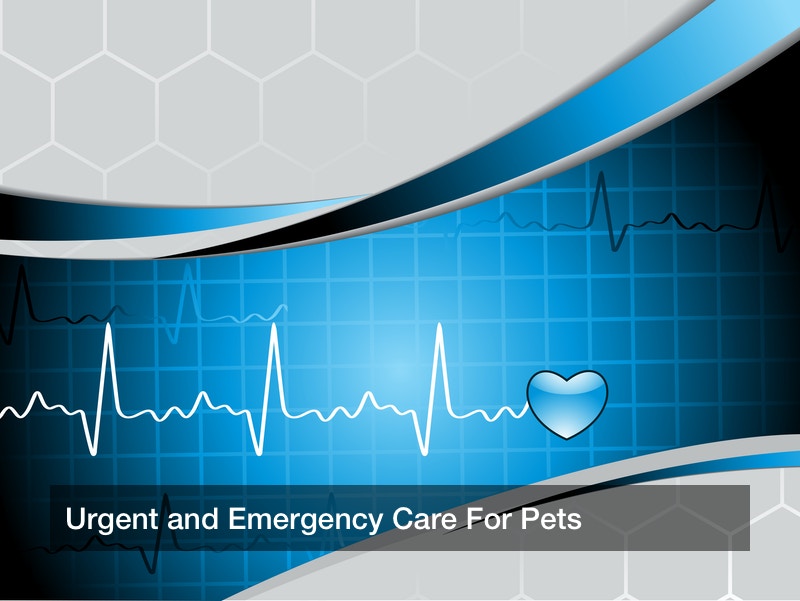
Many households around the world own pets, and these animals make for great companions due to their beauty, novelty, and more. In the United States in particular, housecats and dogs are the most common pets, but many Americans also own fish, birds, hamsters, rats and mice, and even reptiles and tarantulas. What all these pets have in common is that they should be cared for with diligence, and proper care makes for a healthy and happy pet. This means that pets taken outside should be looked after, because pets in hot weather or cold weather might suffer if they’re kept out there for too long. That, and nasty insects, arachnids, and parasites might find their way into a dog or an outdoor cat if countermeasures are not taken. Fortunately, many emergency vet services, 24 hour animal hospitals, and ordinary animal care clinics can be found across the United States for pets in need. Pets in hot weather might need cold water and rest indoors, or a cold pet might need a warm blanket and get their fur dried off, if need be.
Emergency Pet Care
It’s not pleasant to think about, but sometimes, a pet might need emergency vet care if their life is in danger. What might happen? A dog or cat might suffer bodily trauma like a person would, such as falling from a great height or getting hit by a car. That, or some pets might get into fights with other pets or wild animals, getting bitten or scratched. Pets will need emergency care at animal hospitals (not clinics) if they have broken bones, serious bleeding, difficulty breathing, seizures, or the like. A pet clinic isn’t meant for major cases like this; the pet’s owner should rush the animal to an animal hospital right away, where vets can operate on the pet and get it stabilized. An injured dog or cat may be set on the road to recovery in due time.
After such an episode, a pet might have braces for broken legs, like a person would, and they might have a cone fitted over their head so they don’t chew on affected areas. And even if it comes to the worst and a pet gets a limb (or two) amputated, pet owners can rest assured that vet hospitals may offer pet-friendly wheelchairs, prosthetic limbs, and the like to restore that pet’s mobility. Even rats and squirrels have been known to get wheelchairs to replace missing rear legs.
Ordinary Care
Not every pet is getting so badly hurt. In most cases, a pet might need care for more ordinary conditions or need a checkup. Pets in hot weather may need limited time spent outdoors, as pets in hot weather can suffer heat stroke or exhaustion like a person might. It’s a good idea for a pet owner to monitor their pet while it’s outside in the heat, and provide water and shade both outside and inside whenever possible. A tree, doghouse, or anything else can help.
Conversely, a pet in very cold weather can have clothing put on. Pet stores often offer sweaters and jackets that fit onto dogs or cats, especially short-haired breeds or small dogs. This helps keep a pet warm in cold weather while going outside. And if a pet gets its fur wet from snow, the owner may towel off that pet when it comes back inside, as cold water will chill a mammal much faster than cold air will.
Dogs, cats, and more can be taken into an ordinary animal clinic for routine checkups, where a vet will look over the animal’s eyes, ears, and nose, as well as their gums, teeth, paws, and more. A pet may get medicine that will kill and drive off fleas, ticks, and internal parasites, and care should be taken when applying such medicine. Pets may also get anti-flea baths with specialized shampoos, if need be. Pets may also be taken to the vet to get spayed or neutered, and a vet may suggest alterations to a pet’s exercise levels or diet if it is underweight or overweight. Smaller pets should be brought in kennels or cages, while dogs, if they get along with other people and pets, can be brought on a leash into the clinic’s waiting area.
